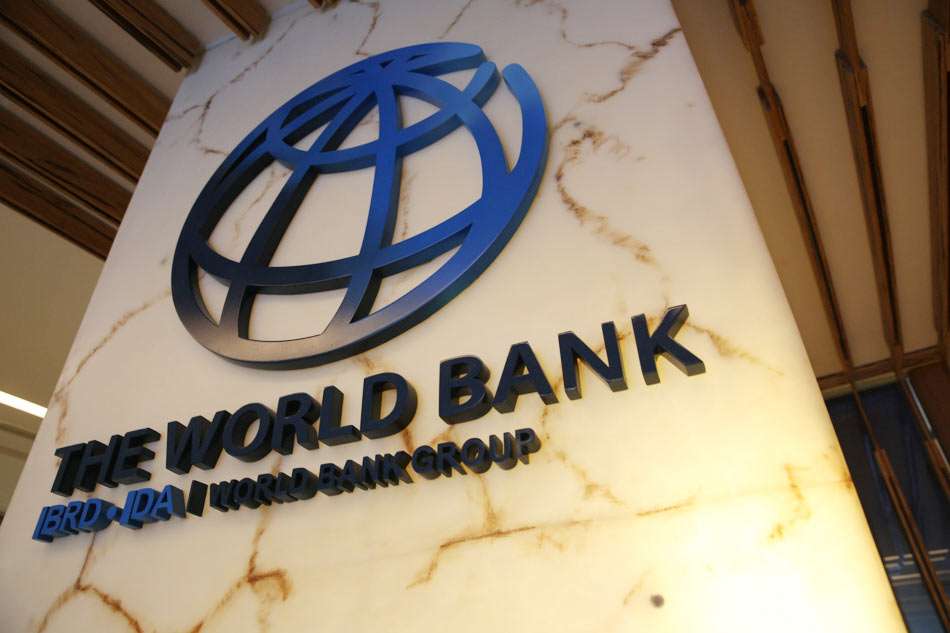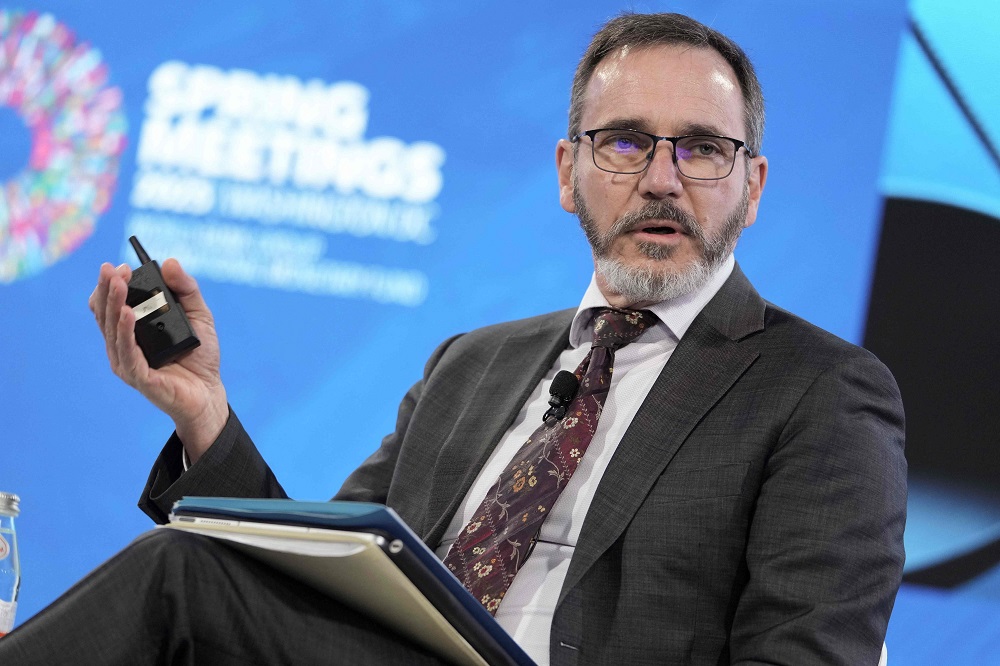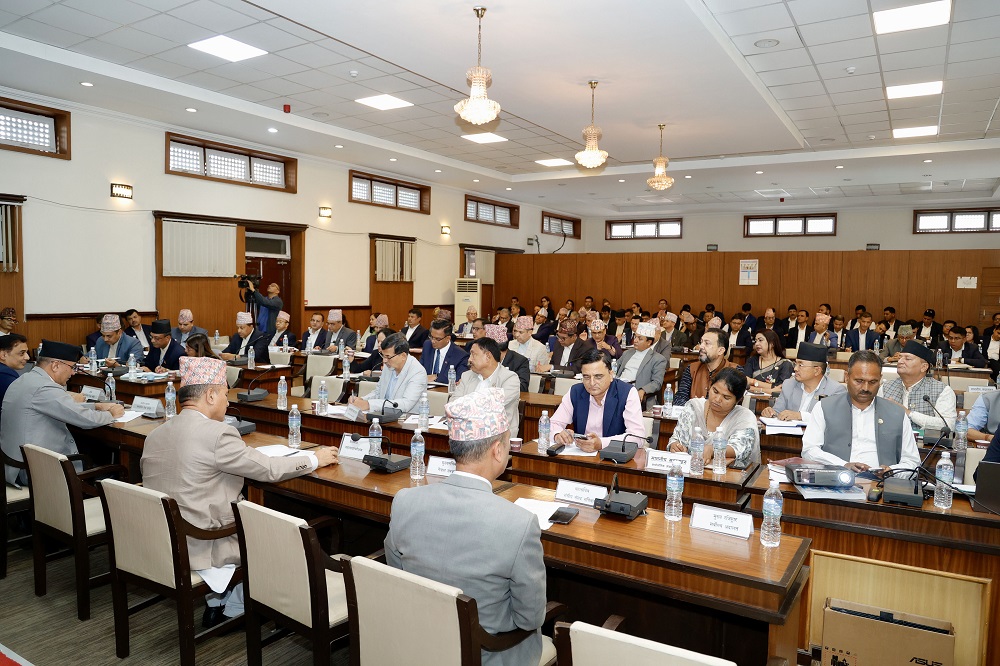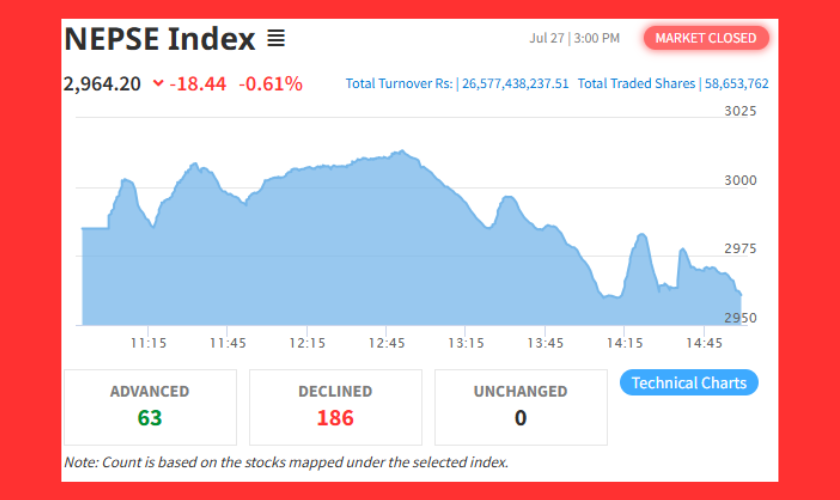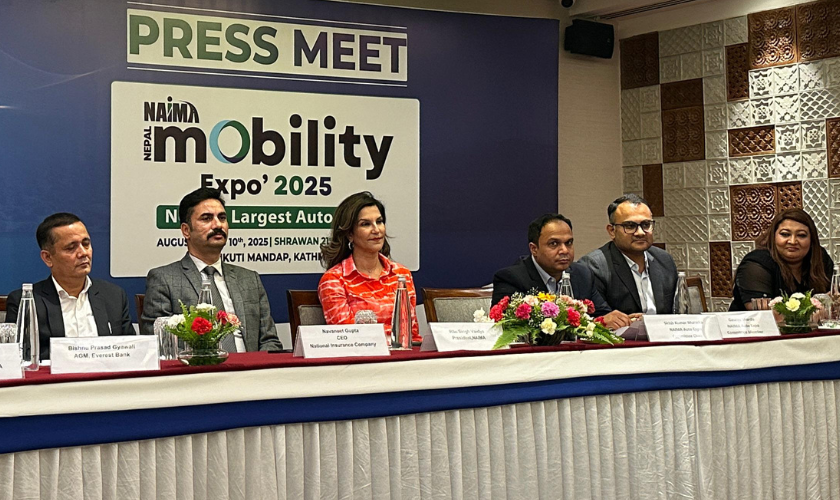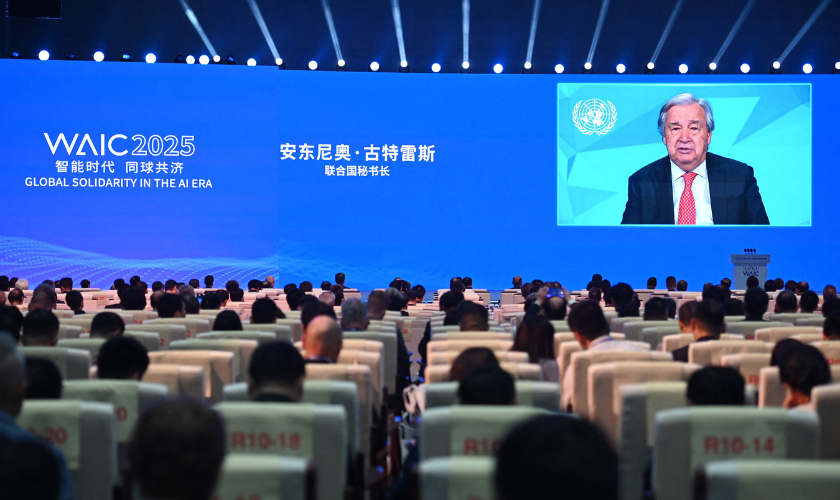As Nepal approaches its scheduled graduation from the least developed country (LDC) category, the World Bank has increased the interest rate on loans provided to the country, a senior government official said.
Nepal is set to formally graduate from LDC status in November 2026. The change has already started to affect the interest rates Nepal pays on foreign loans.
Speaking at a program organized by the Ministry of Finance and the Economic Journalists Association on Sunday, Dhaniram Sharma, chief of the ministry’s Foreign Aid Coordination Division, said the World Bank raised the interest rate on its loans to Nepal effective from July.
“The interest rate on the development assistance we have been receiving from the World Bank has increased from 0.75 percent to 1.5 percent,” Sharma said.
The Asian Development Bank also charges 1.5 percent interest on its concessional loans. The World Bank had so far been offering the lowest interest rate among Nepal’s development partners. With the upcoming graduation, Nepal will only be eligible for comparatively higher-interest loans, raising concerns that the country could face increased debt pressure.
According to the Public Debt Management Office, Nepal’s public debt stood at 46.53 percent of GDP as of mid-June.
Shorter Repayment Period
Sharma said the World Bank not only increased the interest rate but also shortened the loan repayment period. “Previously, we used to repay within 40 years. Now the maturity period has been reduced to 30 years, with the 24-year term extended by only six years. Earlier, we had two options—40 years and 38 years. Now it has been fixed at 30 years,” he said.
He explained that the interest rate increase is a natural consequence of Nepal’s graduation from the list of poor countries. “The reason is simply that we are no longer categorized as one of the poorest nations. We were at the lowest level among LDCs, and now we have moved slightly higher,” Sharma said.
Recently, both the World Bank and the Asian Development Bank unveiled their respective country partnership strategies, under which future development assistance will be aligned. Sharma added that Nepal must meet the “project readiness filter” requirement, meaning funds will only be invested in projects prepared for immediate implementation.
He noted that foreign aid cannot be mobilized without agreement between the government and development partners. “There are often criticisms that foreign aid does not align with our priorities. But these are negotiated agreements, so we cannot get aid exactly as we want,” Sharma said. -- Updated News

